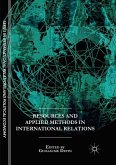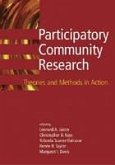The study of public action has been particularly relevant in recent years, since efficient public policies result in a better quality of life for people. In this sense, the present work is nourished by different theories for the case of Uruguay. In the first place, it resorts to neo-institutionalist theories which emphasize the role of the rules of the game in the development of nations, as Acemoglu and Robinson state in their recent work "Why do nations fail? In this sense, the first chapter analyzes Uruguayan foreign policy from a rational choice neo-institutionalist perspective. On the other hand, the second chapter analyses how some of the reforms linked to the New Public Management have been implemented in the Uruguayan public sector. Likewise, the third section analyzes the returns on human capital with econometric models. Finally, the theoretical approach of understanding public policies as paradigms for the case of productive innovation policies is presented, through Kuhn's contributions in "The Structure of Scientific Revolutions".








